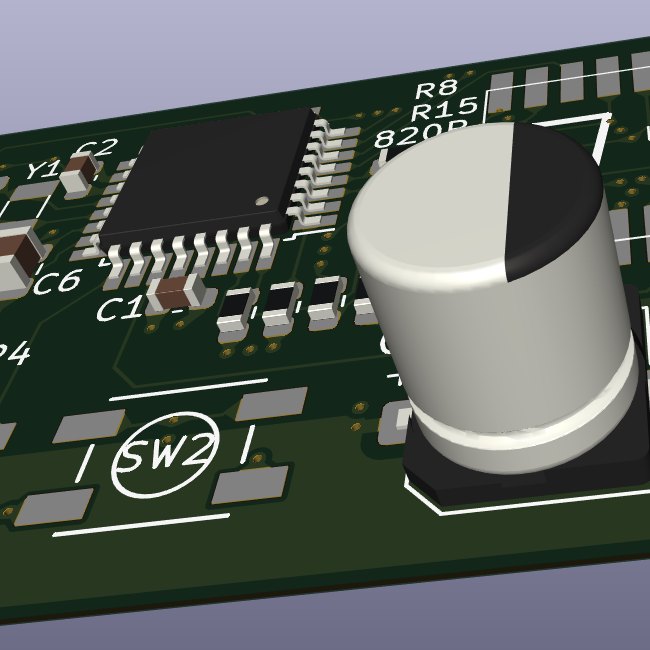EE major here, expecting to graduate in 2024. I’ll have to admit that I’m only here because I wasn’t admitted to the CS program and I’ve mostly been paying attention to trends in the software development industry, so please pardon my ignorance. My country (Sweden) has a great software industry but the hardware design and manufacturing industry isn’t nearly as strong. The advice I get is that EE has great career prospects in semiconductors, IC design, microelectronics and defense, but most of these positions will require relocation which I’m not interested in. I’m clueless about RF and power systems, and besides, the compensation tends to be worse than the previously mentioned industries.
Currently, I’m grinding the “self-taught programmer” stuff, taking CS classes and doing IT jobs to get the experience for a full-time dev role. The CS bubble burst didn’t affect my country that much because we didn’t have overinflated salaries and excessive expansion during the pandemic. Would there still be good prospects in EE if I choose to focus on it (assume passion for CS is negligible), or would it be a better idea to keep going with CS?


I worked on asic verificationin sweden and i know that there are great opportunities. IC manufacturing became very expensive for lower manufacturing nodes and hence the tooling. It is not sustainable to have IC manufacturing facilities anymore unless you have very high volumes. So you can find only a handful places that perform state of the art IC manufacturing. But this doesn’t mean that you cannot work on IC, many companies does design and verification of their core functionality themselves if not the whole chip and outsource manufacturing and sometimes physical design to one of the big companies who specialized on this. To add this, there are areas that will make your transition to ee easier, if you choose to. Writing embedded software or working or test and verification usually requires more software skills than hardware and rf knowledge. Also try to keep a wide set of skills and don’t deep dive into a niche as it isn’t very certain what may vet automated in future. AI is getting very good at layout and physical design, which may limit pcb design or physical chip design opportunities in future. Not letting software go completely might be a good bet.